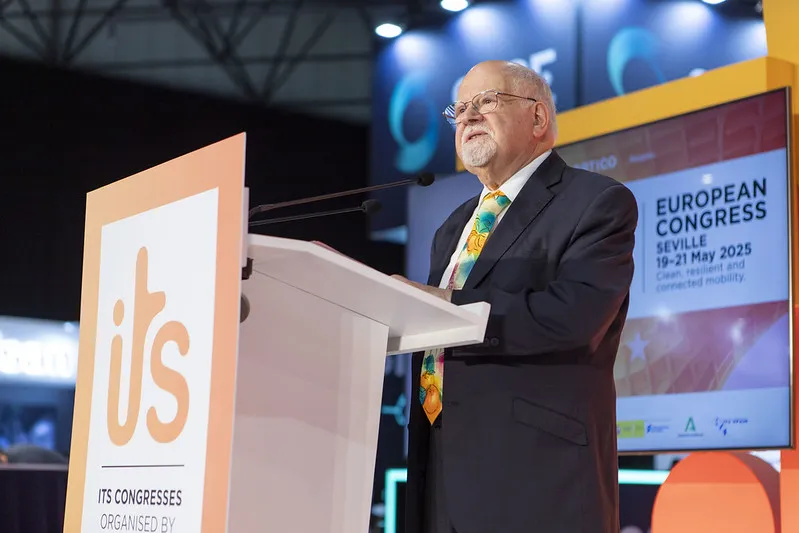
The ITS industry in Australia must take a leaf out of Europe's book when it comes to implementing clear frameworks for data governance.
That was one of the key messages from ITS Australia's Roads, Tolling and Technology Conference, which took place in Brisbane.
During the plenary panel session ‘Data Sharing vs Community Privacy Expectations’, industry and government leaders looked to Europe as a template for the urgent work that needs to be undertaken in Australia.
Panellists agreed that collaborative governance was the critical next step to support the broad ITS ecosystem in managing data appropriately - but they stressed that it was not the job of government policy makers alone to design the framework.
“Industry operates on the signals it gets from government," said adviser Chris Koniditsiotis.
"This is a critical starting point for government and industry to get together and develop a plan for implementation that also includes appropriate data governance. Ultimately, in the case of government it needs to just do it.”
ITS experts also warned that educating and convincing road users will be critical to deliver the massive safety and efficiency benefits that data and technology can deliver.
ITS Australia CEO Susan Harris said it was crucial to focus on the end user. “Our expert presenters were consistent in their desire to put customers at the centre of what they do, arguing the best solutions will be achieved by ensuring user engagement at all stages of project development,” she observed.
“Nowhere was this more evident than in the critical discussions on the topic of data and privacy, where panellists stressed the need to clearly explain the benefits of data sharing to consumers.”
“As an industry, we must work collaboratively to sell to the community the safety benefits that come from data sharing, while reassuring them about the safeguards in place to ensure the highest privacy standards are maintained.”
The conference included an overview of significant road and technology projects from across Australia and New Zealand, with host state Queensland's Department of Transport and Main Roads outlining the systems, technologies and innovation driving its network management of 33,000km of roads.
The North East Link Project in Victoria - described as the 'missing link' in Melbourne’s freeway network - was examined in detail by Major Road Projects Victoria CEO Duncan Elliott.
There was also a focus on future technology challenges and opportunities in operating and managing motorway tolling systems.
The panel said Australia’s ITS industry has been a world leader in building cross-border partnerships across all sectors to deliver harmonised tolling solutions, but that collaboration must now continue in the world of cooperative ITS (C-ITS).
Speakers from Kapsch and Q-Free shared insights into solutions from other countries.
Other industry leaders speaking at the event included Carla Hoorweg, CEO, Ancap Safety; Matthew Bereni, CEO, Traffic Management Association of Australia; Rita Excell, head of transport – ANZ, Amazon Web Services; Pablo Ruiz, head of operations – Australia, Sice; Dr Geoff Allan, CEO, Austroads and associate professor Doug Wilson, director of Transportation Research Centre, University of Auckland.
The annual ITS Australia Summit takes place in Sydney from 13-15 August 2024 under the theme ‘Safe, Sustainable and Inclusive Transport for Vibrant Communities’.









